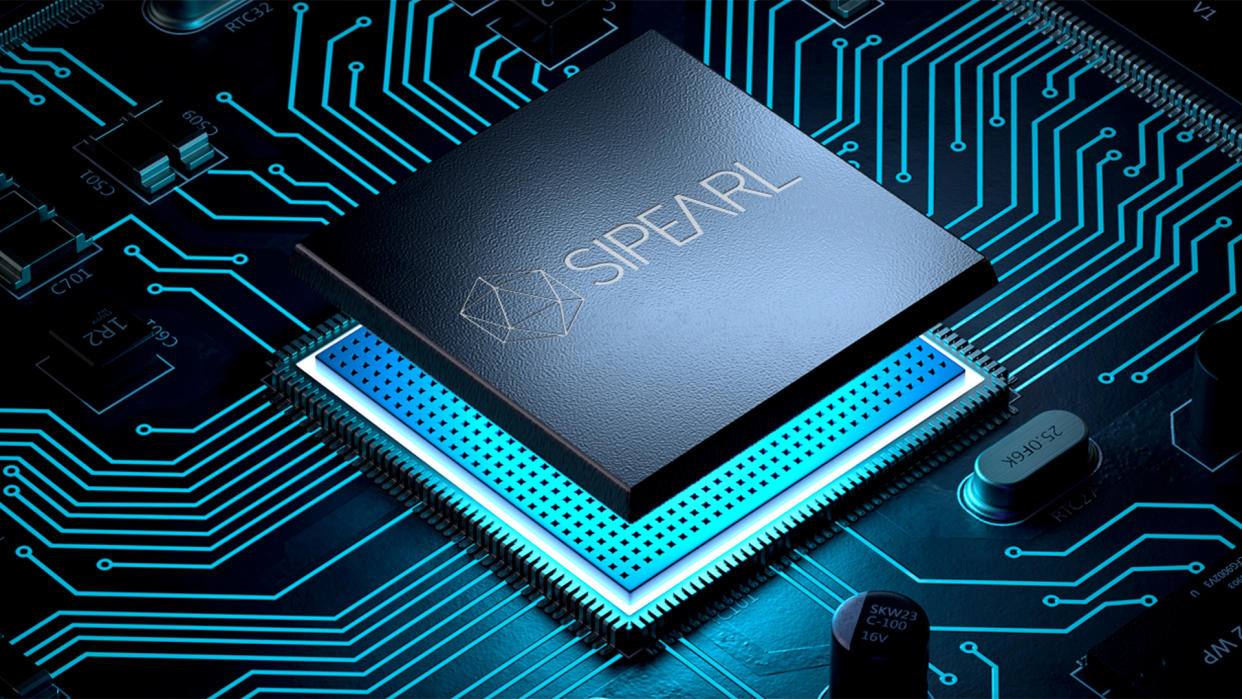Homegrown European processor for supercomputers delayed by a year — chip upgraded to 80 cores, but timeline gets downgraded

SiPearl, a company developing an indigenous European processor for supercomputers, has announced that its upcoming Rhea CPU will get more cores. The company also announced that Rhea will be further delayed to 2025 at the earliest, putting a damper on Europe's effort to compete in the high performance computing (HPC) market.
The CPU, which is designed to handle both AI and HPC workloads, will feature 80 cores when it launches instead of the originally planned 72 cores. Unfortunately, the timeline for general availability is completely uncertain as the processor will now be sampled in 2025.
Formally introduced in 2019 – 2020 as a part of the European Processor Initiative, SiPearl's Rhea was supposed to be released by 2023. Due to various setbacks, Rhea taped out in early 2024 and will sample in early 2025 instead.
SiPearl's Rhea processor packs 80 Arm Neoverse V1 cores, each boasting dual 256-bit Scalable Vector Extension units, which could be instrumental for AI workloads. The design relies on Arm's Neoverse CMN-700 Coherent Mesh Network on Chip to connect the cores. The CPU has a unique memory subsystem featuring four HBM2E memory stacks with very high bandwidth and a 256-bit DDR5 memory interface to provide enough memory capacity. The CPU will also have 104 lanes of PCIe Gen5.
It remains to be seen if SiPearl's Rhea will be competitive in 2025, as it will be essentially two or three generations behind the market leaders. The CPU is set to feature Arm Neoverse V1 cores that will have to compete against processors featuring Arm's Neoverse V2 or even V3 cores. Furthermore, this CPU will be made using TSMC's N6 fabrication process, which belongs to the company's 7nm family of production nodes. Meanwhile, Rhea will have to compete against CPUs made on 3nm or even more advanced nodes. Finally, Rhea will rely on HBM2E memory, whereas leading-edge AI processors will adopt HBM3E this year.
This doesn't mean that Rhea, or Rhea1 as the company now wants to call the chip, will be a failure. The product is meant to revive European HPC development and be used for various regional applications. Furthermore, Rhea is supported by a wide range of software, including an extensive array of compilers, libraries, and tools, supporting both classic programming languages like C/C++, Go, and Rust, as well as contemporary AI frameworks, including TensorFlow and PyTorch. Therefore, Rhea 1's successors will be supported, too, and future launches will be easier.
"Combining the performance and energy-efficiency of Arm Neoverse V1 cores with in-package HBM and embedding SiPearl patented memory and power management schemes, Rhea1 will fulfill the mission entrusted by EuroHPC JU and the European Processor Initiative consortium: to bring dedicated high-performance microprocessor technologies back to Europe," said Philippe Notton, CEO and founder of SiPearl. "Rhea1 will be a world-class microprocessor for HPC and AI inference. In the fast-growing generative AI market, it will be a great alternative to existing solutions for AI inference workloads at lower cost while offering higher flexibility to model changes."

